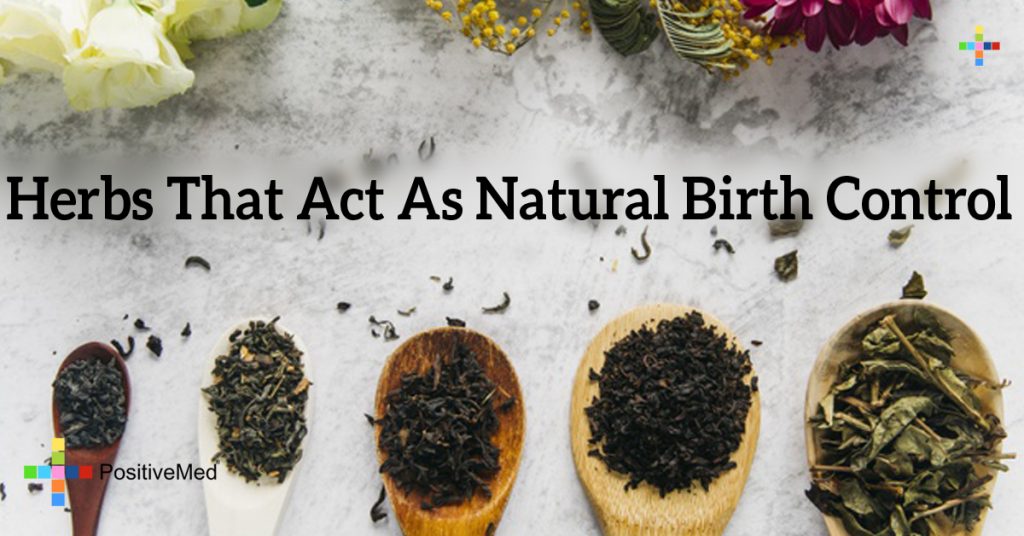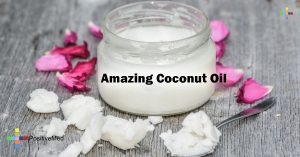
Herbs That Act As Natural Birth Control
The ancient and traditional practice of herbal medicine has been used for thousands of years as a natural and effective method of disease prevention, treatment, and a holistic approach to health and wellbeing. Conventional or modern medicinal and pharmaceutical perspectives to health and wellness focus on treating the symptoms of disease, even though most pharmaceutical drug sources and ingredients are botanical or made from plants. Herbs contain numerous synergistic bio chemicals that work together to promote overall wellness, whereas pharmaceutical drugs contain a single ingredient that target one complaint, symptom or condition. The University of Maryland Medical Center defines herbal medicine as “using a plant’s seeds, berries, roots, leaves, bark, or flowers for medicinal purposes” (UMMC. 2014).

- Conventional Methods
Conventional methods of birth control rely on synthesized hormones with different methods of delivery, Intrauterine Contraceptive Devices (IUD), barriers (condom or diaphragm), fertility awareness or family planning, male or female sterilization, and abortion. However, many of these methods result in a myriad of complications and side effects such as breast and cervical cancers, high blood pressure, low bone density, blood clots in legs, lungs and heart, ectopic pregnancies, decreased libido, changes in weight, trauma and emotional burden.
- Herbs That Act As Natural Birth Control
Herbs that act as natural birth control demonstrate responsibility for $e*u@l health, avoid the dangers of synthetic hormones, and circumnavigate the other physical and emotional side effects and complications associated with conventional methods. Furthermore, herbs have few contraindications because they work harmoniously with the body, but their effectiveness is optimized when used in combination with fertility cycle awareness.
- Herbs that promote Menstruation
Known as emmenagogues, there are more than fifty herbs used throughout the world. Common menstrual promoters, taken before menstruation is due, include Vitamin C, Angelica root, Bethroot, Marijuana female flowers, Black and Blue Cohosh root, Feverfew and Rosemary plants in flower, European Vervain plant, Fresh Wood Sorrel plant, Fresh Parsley leaves, Ginger root , Mistletoe and Hyssop leaves, and the Pennyroyal plant.
- Herbs that prevent Implantation
o Herbs in this category make the endometrium, or the lining of the uterus, unsuitable for embryonic growth, taken before or after unprotected contact. Wild Carrot seed, Smartweed leaves, Neem, Pennyroyal, Juniper Berries, and Rutin, a natural occurring substance in buckwheat, black tea, apple peels and citrus are common examples.
- Herbs that promote Uterine Contraction
The most familiar uterine contractors are some types of seaweed such as Laminaria japonicum, Cotton root bark, Blue Cohosh root and Slippery Elm bark.
- Herbs that promote Sterility
Herbs used for temporary sterility include Jack-in-the-Pulpit root, Thistles, and in the flowers, roots and seeds of Western Stoneseed, which contain Lithospermic acid (LA) an active contraceptive.







